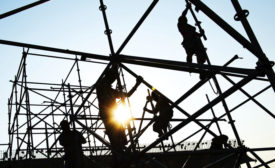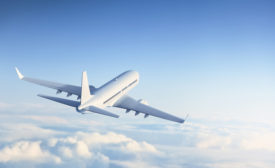A NIOSH Science Blog post
News
A U.S. Department of Labor Blog post
The cell phone in your pocket shouldn't cost a worker's life
February 12, 2016
Best practices for workplace wellness programs
Culture of health and strategic communications
February 11, 2016
Never miss the latest news and trends driving the safety industry
eNewsletter | Website | eMagazine
JOIN TODAYCopyright ©2024. All Rights Reserved BNP Media.
Design, CMS, Hosting & Web Development :: ePublishing









